Have Dry Eye Syndrome? Avoid These Missteps
Your eyes are irritated, red, itchy, gritty and feel oh-so-dry. They might even be painful. You have dry eye syndrome, and you’re eager to reduce the irritation and experience some relief. But could you be unintentionally sabotaging your own best efforts?
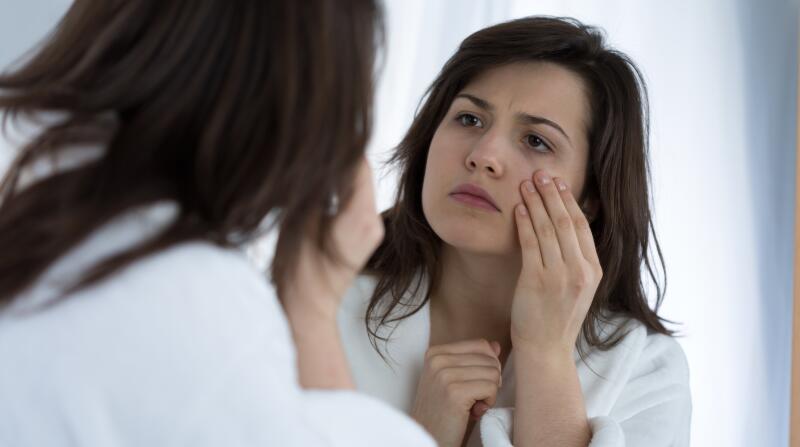
Don’t ignore dry eye if you have it, even if it’s just the early stages and not too severe. Dry eye syndrome is a progressive condition—that is, it will get worse over time. Talk to your healthcare provider and figure out the best way to manage your dry eye symptoms so you can avoid developing problems that are much harder to treat. If untreated, dry eye may lead to vision loss.
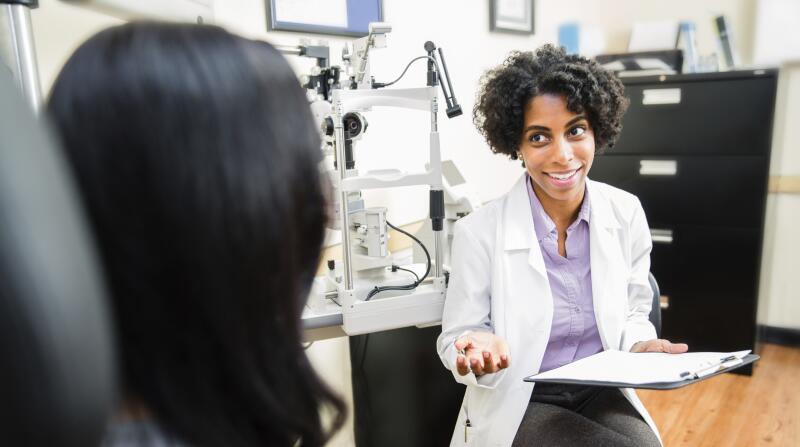
Unless there’s a reversible cause like the adverse effects of a medication, there’s no cure for dry eye. It’s a chronic condition. You can’t just take a pill or get a procedure done and never have to deal with it again. However, there are good management strategies that will bring you relief and allow you to function normally. Some people find good relief from non-prescription eye drops and eye gels, while others find they need a prescription-strength treatment.
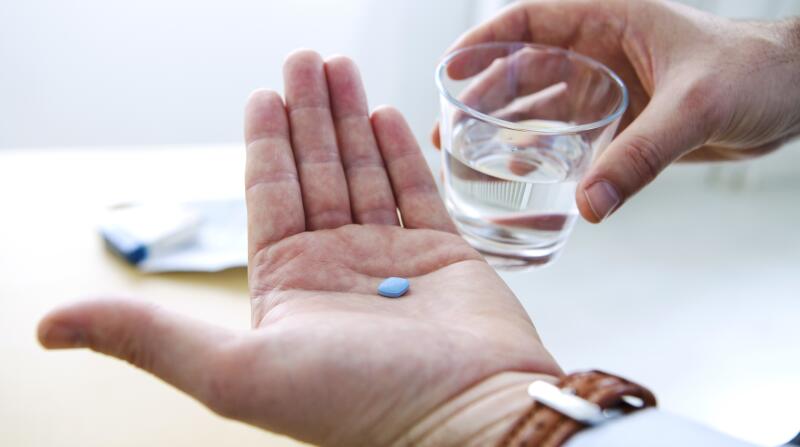
Do you suffer from rheumatoid arthritis or depression? It’s possible the medications you’re taking for those conditions may be exacerbating your dry eye symptoms. Antihistamines and diuretics are also known culprits to make dry eye worse. Talk to your healthcare provider about all meds you’re taking and make sure you’re not taking any that are contributing to the problem. You might need to switch to a different drug.
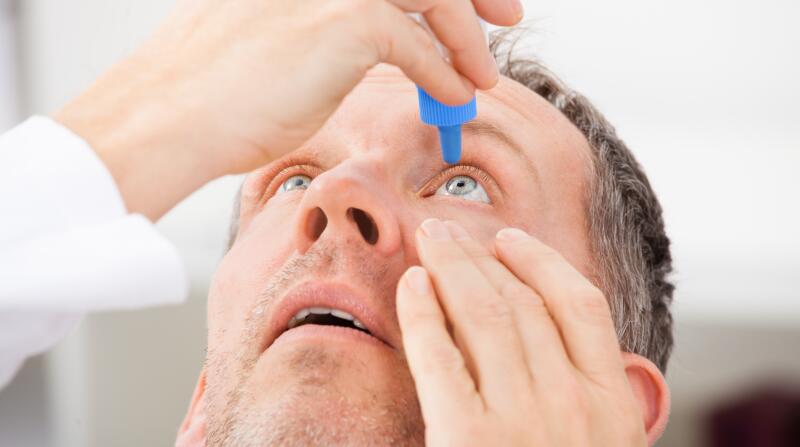
They’re all small bottles of liquid that you squeeze into your eyes, right? How different could they be? Think again. Some eyedrops contain harsh chemicals that can really irritate your eyes and make your dry eye symptoms much worse. Some contain preservatives that might further irritate your eyes, so be sure to let your doctor know if your eyedrops are making your eyes feel worse.

Do you love to drive around in your car with the windows down and the sunroof open? Does a ceiling fan cool your bedroom at night while you’re sleeping? Does the air-conditioning vent send a steady breeze of cool air right at your face? All that air blowing around your eyes can contribute to your dry eye symptoms. Experts suggest minimizing these environmental factors so they don’t dry your eyes out even more.
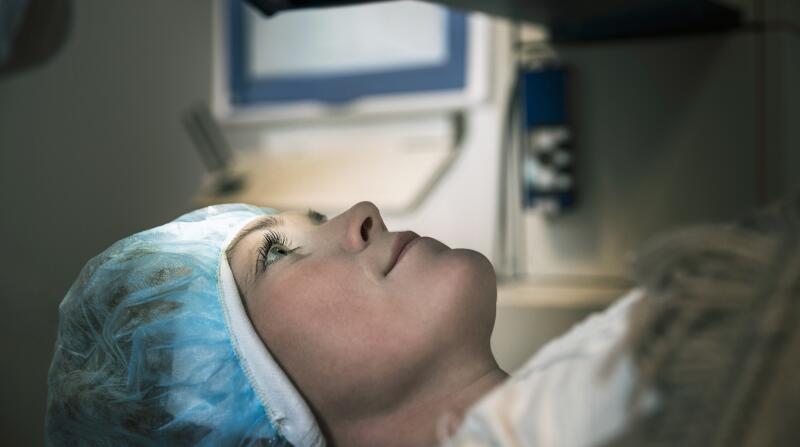
Laser eye surgery is not a bad thing. But people who get laser eye surgery such as LASIK or PRK often develop symptoms of dry eye that can last for months after the surgery. If you already have dry eye, it might make your symptoms even worse. Talk to your ophthalmologist about the best ways to improve your vision that won’t also aggravate any dry eye symptoms you have.
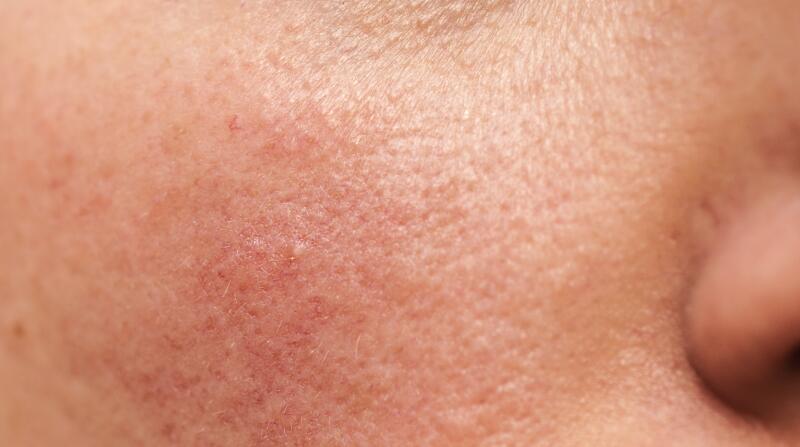
People with moderate dry eye might realize their symptoms improve when they are able to manage any underlying diseases or conditions they have. If you have rosacea, blepharitis of the eyelid, or certain autoimmune diseases, receiving the appropriate treatment for your condition may also help your dry eye symptoms.
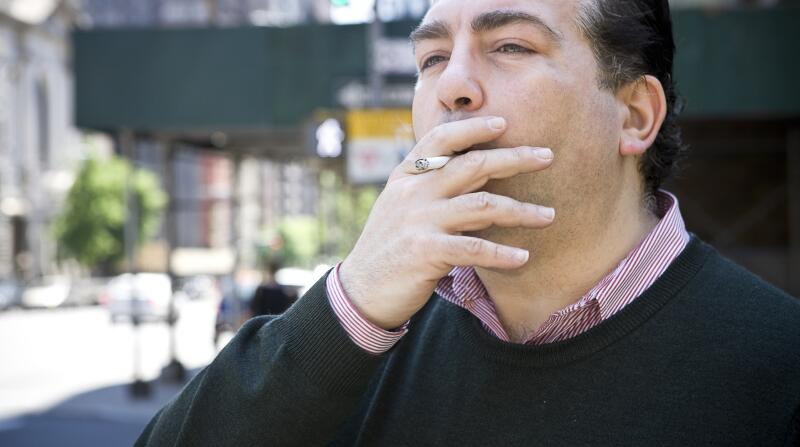
Smoking harms your heart, your circulatory system, your lungs…and also your eyes. Tobacco smoke can irritate anyone’s eyes, but it can be especially problematic for people with dry eye. Smoke harms the lipid layer on your eye that keeps everything lubricated and prevents your tears from evaporating too quickly. If you smoke, please start making plans to stop.
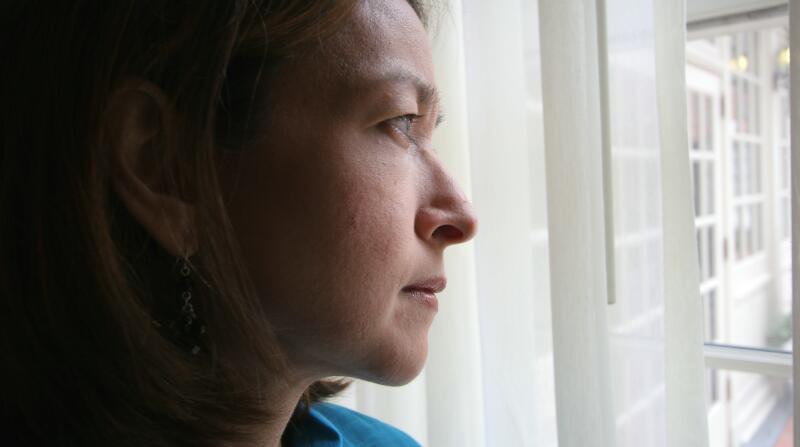
Dry eye can lead to vision loss. And vision loss can have a huge impact on your quality of life. Consider this statistic from the Journal of Opthalmology: your risk of falling is increased two-fold with mild vision loss and your risk of fracturing a hip increases four-fold. Plus, the rate of depression goes up with people who sustain even mild vision loss.
Credit: Source link